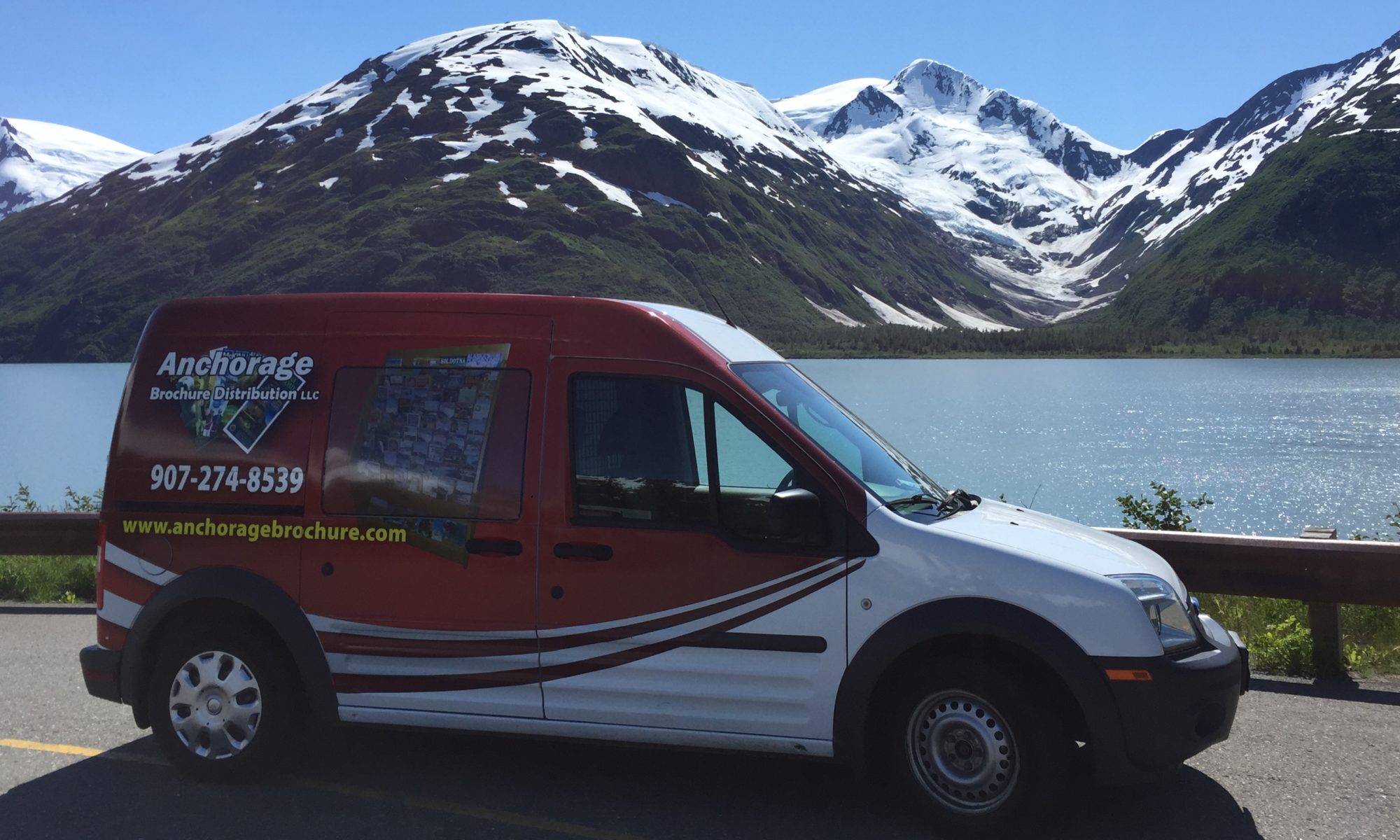Question by Nives N: Is it illegal to move to Alaska and just build a cabin in the wilderness without any formal documentation?
There was this guy named Richard Proenneke, in the late 1960’s he moved to Alaska. He trekked into the wilderness miles away from civilization and built himself a log Cabin by hand. He lived there for 35 years in peace, alone, in the wilderness without having any interactions with civilization with the exception of a pilot who brought him supplies. I’ve been told that this is illegal by today’s laws and regulations in Alaska – and that you can be fined big time if they catch you doing it. Does anyone know if this is true?
Best answer:
Answer by Edge Caliber
Even if it was illegal, they will never find you anyways.
Know better? Leave your own answer in the comments!

Yes, it is now illegal. What you are talking about is called “homesteading” but that expired in 1986. If you do a search on Alaska homesteading you will get a lot of info on what is legal and what is not.
If the case you cite was on government land, it doesn’t quite add up – homesteading was open in specific areas not just any unsettled area. But if it was private property, it makes sense.
It is now illegal, but not because homesteading stopped long ago. Homesteading was a way to obtain government land of specifically offered tracts by “proving out” the land by building a dwelling and bringing in a crop.
Rather, “adverse possession” was a way to recognize the “ground-truth” of homestead-like behavior by people who’d lived on land that wasn’t theirs. The concept dates back to the middle ages in Europe. If they’d been there 5 years and never been asked to leave, they could take “adverse possession” of the land. Note that they couldn’t do this on state land. Nor Federal land.
In 2003 (see reference below) Senate Bill 93 was introduced to change the law. Much was made of “private property rights” and of giving private property owners the protection that government land had against “squatter’s rights”. Amazingly, politicians were arguing that inspecting your land once every 5 years was too much of a burden for property owners. Yet there was no body of evidence or cases that “squatter’s rights” were actually ever used much at all.
The other situations the old statues addressed nicely was when some common-use boundary (like a fence) is respected by all parties, it becomes the legal boundary. Or a whole subdivision, through a surveying error, is placed 2 feet off. Now, when discovered, everyone’s fence is in the wrong place and everyone may be out of compliance with set-back requirements. Previously, the old understanding could easily be made legal.
So, in your example, at that time, yes, occupying someone’s (private) land w/o being asked to leave for 5 years established the basis for adverse possession. Since 2003 that is no longer the case.
Editted to add: Oh, and could you be fined big time for doing it? In a wilderness area or state or national park? Yes. On unposted private land? No, it would be simple trepass. If the land was posting “keep out” or “private property” then it would be criminal trepass, you could file a complaint and maybe the DA would prosecute. In either case, you’d have a good basis for a civil lawsuit against a trespasser who cut down trees, built structures, etc. But you’d get a judgement or award, it wouldn’t be a fine paid to the government.